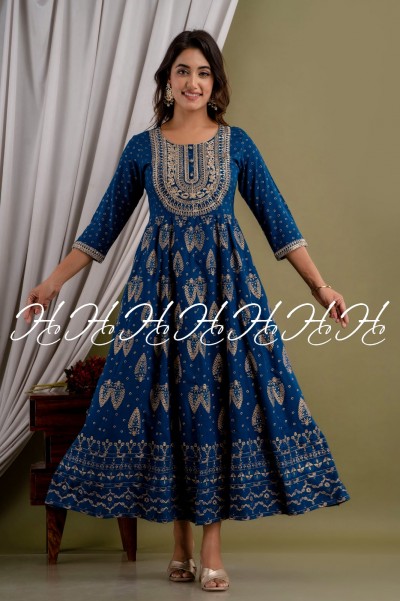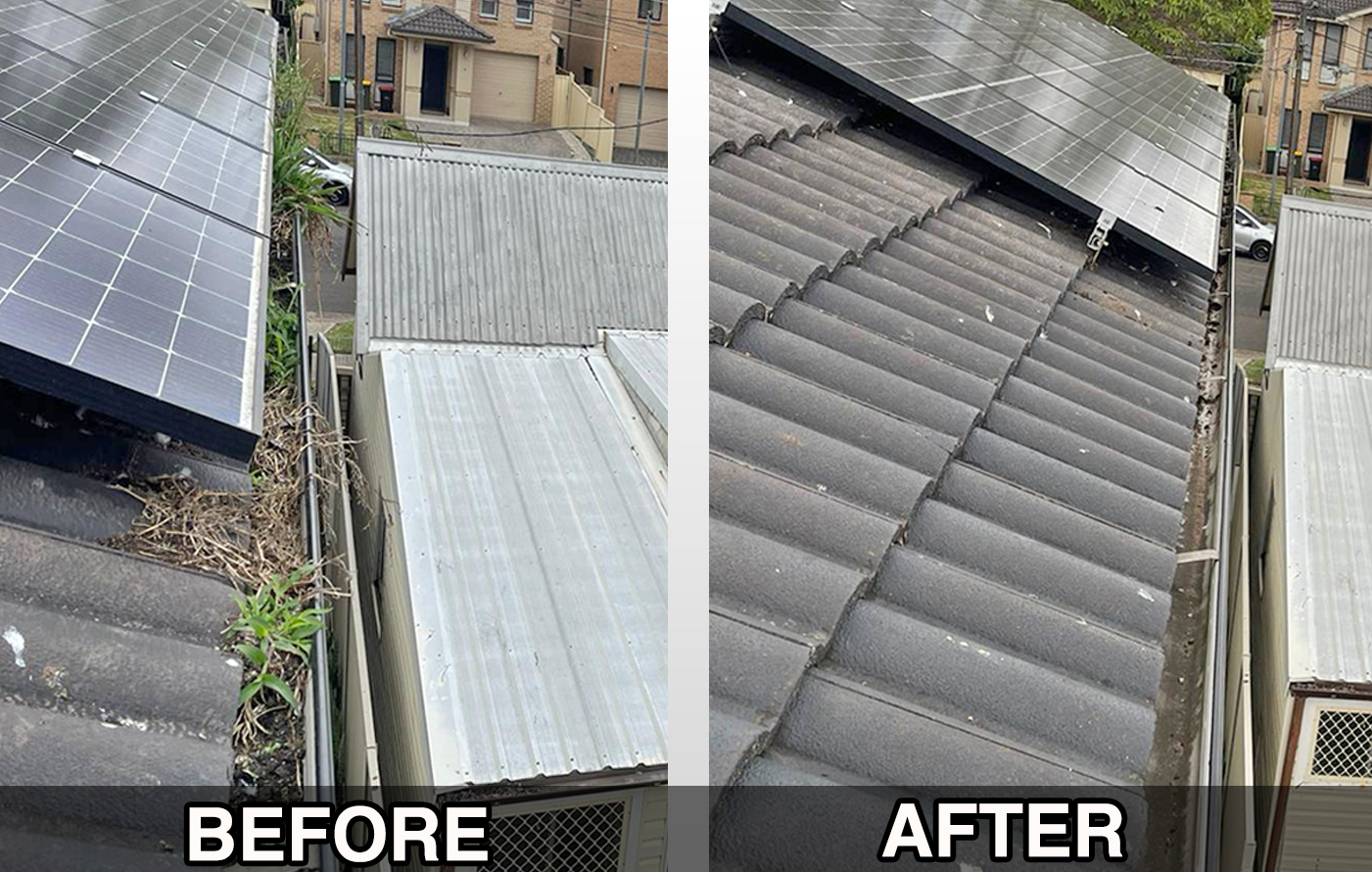In today’s dynamic fashion landscape, cotton kurtis have become an essential staple in every Indian woman’s wardrobe. Combining comfort with style, these versatile garments are suitable for daily wear, office attire, festive occasions, and casual outings. As demand continues to rise, many retailers and boutique owners are exploring cotton kurti wholesale options to stock up on affordable and fashionable apparel. This growing market offers a golden opportunity for those looking to scale their clothing business, especially when sourced from a trusted ladies designer kurti wholesaler and manufacturer.
Why Cotton Kurtis are in Demand
Cotton is known for its breathability, softness, and ability to adapt to India’s varying climates. During scorching summers, women prefer wearing cotton kurtis because the fabric is lightweight and allows air circulation. But beyond just comfort, cotton kurtis now come in countless designs—from traditional hand-block prints to modern embroidered patterns. This adaptability makes them a hit across different age groups and demographics.

Fashion trends may evolve, but the appeal of cotton kurtis remains consistent. They are easy to pair with leggings, palazzos, jeans, or even skirts, giving wearers the freedom to style their look as per their personality. With such versatility, it’s no surprise that retailers are rushing to tap into the cotton kurti wholesale market.
Wholesale Advantage: Why Buying in Bulk Matters
For shop owners, fashion boutiques, and online sellers, purchasing kurtis at retail prices can cut significantly into profit margins. This is where wholesale purchasing comes into play. Buying cotton kurtis in bulk directly from a ladies designer kurti wholesaler and manufacturer allows you to access better rates, a wider variety of designs, and consistent product quality.
Wholesale markets typically offer extensive catalogs that include printed cotton kurtis, embroidered pieces, long kurtis, A-line designs, Anarkali styles, and Indo-western fusions. By choosing a reputable supplier, retailers can update their inventory regularly with fresh collections that match seasonal trends and consumer preferences.
Qualities of a Reliable Kurti Wholesaler and Manufacturer
As the market floods with options, not all wholesalers are created equal. Finding the right ladies designer kurti wholesaler and manufacturer involves checking for quality assurance, timely delivery, design innovation, and customization options.
A good wholesaler will:
- Offer a wide selection of kurtis across sizes and styles.
- Provide high-quality stitching and durable fabric.
- Introduce new collections periodically to match market trends.
- Maintain competitive pricing to ensure retail profitability.
- Offer custom branding or labeling if required by boutiques.
Additionally, a reliable manufacturer typically uses ethically sourced fabric, pays attention to finishing details, and ensures that the final product matches catalog images. This level of consistency builds trust and long-term relationships between suppliers and retailers.
Cotton Kurti Wholesale: Sourcing Tips for Business Owners
When venturing into cotton kurti wholesale, consider the following tips:
- Start Small, Then Scale: If you’re testing the market or trying a new supplier, begin with a smaller order. This helps you evaluate the quality, fit, and customer response.
- Know Your Audience: Understand the age, style preference, and spending power of your target market. This knowledge will help you pick the right designs and sizes.
- Seasonal Collections: Stock festive styles before holidays and lighter prints during summer. Seasonal planning ensures higher sales turnover.
- Online vs. Offline Wholesalers: Today, many wholesalers operate online with detailed product catalogs, easy ordering processes, and doorstep delivery. Compare both online and local markets before committing.
- Check Return Policies: Even with bulk buying, there can be issues like misprints, sizing errors, or damaged goods. A flexible return policy ensures peace of mind.
Digital Expansion: Selling Cotton Kurtis Online
With the rise of e-commerce, many retailers are now selling cotton kurtis online through platforms like Amazon, Flipkart, Myntra, or their own websites. Social media platforms such as Instagram and Facebook also serve as powerful tools to showcase products, run promotions, and connect directly with buyers.
To make the most of this trend, it’s crucial to have appealing product photos, accurate size descriptions, and engaging storytelling about your kurtis’ design inspiration or craftsmanship. When sourcing from a trusted ladies designer kurti wholesaler and manufacturer, you often get access to ready-made product photos and descriptions, making it easier to upload and market your collection online.
Sustainability and Ethical Manufacturing
In recent years, there has been a shift towards conscious consumerism. Buyers are increasingly concerned about where and how their clothes are made. Sourcing from manufacturers who use sustainable cotton and follow ethical labor practices can enhance your brand image and attract a more informed customer base.
Wholesalers that focus on handloom fabrics, natural dyes, or eco-friendly packaging are gaining popularity. Highlighting such aspects in your marketing can set your brand apart from mass-market retailers.
Final Thoughts
In a country where fashion meets tradition, cotton kurtis represent the perfect blend of both. For retailers and boutique owners looking to stay ahead in the women’s ethnic wear market, entering the cotton kurti wholesale business is a smart and profitable move. The key to success lies in choosing the right ladies designer kurti wholesaler and manufacturer—one who delivers on quality, innovation, and timely service.
By understanding customer preferences, keeping up with design trends, and building strong supplier relationships, you can ensure steady growth and customer loyalty in a highly competitive market. Whether you’re just starting or expanding your fashion venture, the cotton kurti market offers ample opportunities to thrive.
Congrats! You’ve Finished This Blog.




